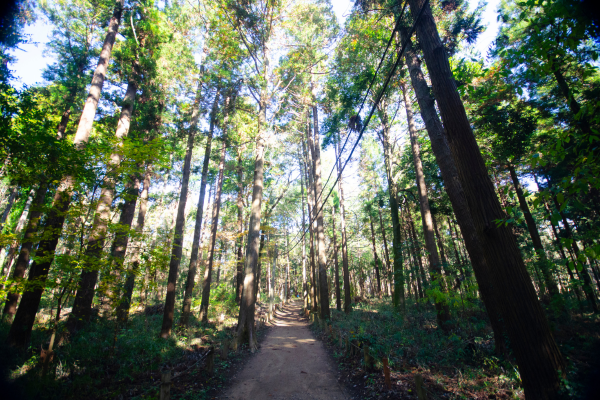Introduction
In an era increasingly dominated by digital screens and urban landscapes, many are turning to the healing power of nature. Forest bathing, a practice originating from Japan known as “Shinrin-yoku,” is a therapeutic process that involves immersing oneself in nature to promote health and well-being. This article explores the potential benefits and practices of forest bathing and how it encourages mindfulness and healing.
1. The Concept of Forest Bathing
Forest bathing does not involve any physical bathing in water but refers to immersing oneself in the forest environment. The concept evolved in Japan in the 1980s as part of a national health program aimed at combating high stress levels and promoting overall health through nature therapy.
Forest bathing is more than just taking a casual walk in the woods. It requires intentionally slowing down, tuning in to the environment, and consciously taking in the sights, smells, sounds, and the overall ambiance of the forest. This active engagement fosters a deeper connection with nature.
Practicing forest bathing is straightforward and accessible. All that’s needed is a safe, preferably quiet, natural environment and an open, receptive mindset. There are no specific steps or destinations; the focus is simply to be present and connect with nature.
2. Forest Bathing and Mindfulness
Mindfulness, or the practice of focusing one’s attention on the present moment, is a key element of forest bathing. When we bathe in the forest, we engage our senses, grounding ourselves in the present and cultivating a state of mindfulness.
Forest bathing compels us to observe the beauty and detail of the natural world, encouraging us to slow down our pace and thoughts. The sights of vibrant green foliage, the sounds of birdsong, the scent of earth and leaves, the texture of tree bark under our fingertips—all these contribute to a heightened sensory awareness that roots us firmly in the here and now.
The practice of mindfulness in forest bathing can reduce stress, calm the mind, and increase mental clarity. It helps us break away from negative thought patterns, manage our emotions better, and foster a sense of peace and tranquility.
3. Physiological Benefits of Forest Bathing
Beyond its psychological benefits, forest bathing has been scientifically proven to have positive physiological effects. Numerous studies have shown that spending time in nature can lower blood pressure, decrease heart rate, and reduce levels of the stress hormone cortisol.
In addition, forests release phytoncides, organic compounds that trees emit to protect themselves from insects and decay. When we inhale these phytoncides during a forest bath, our bodies respond by increasing the number and activity of a type of white blood cell called natural killer (NK) cells, which play a significant role in boosting our immune system and fighting cancer.
Moreover, forest bathing has been found to improve sleep quality. A study showed that people had longer and deeper sleep after experiencing forest bathing, which can contribute to overall health and well-being.
4. Forest Bathing and Mood Enhancement
Forest bathing is also an effective mood enhancer. Spending time in nature and away from the demands of daily life can lead to significant increases in positive emotions, such as joy, contentment, and rejuvenation.
The immersive nature of forest bathing allows for a release of pent-up emotions. It’s not uncommon for individuals to find themselves feeling emotionally lighter and more balanced after a forest bathing session. The natural environment provides a safe, nurturing space for emotional release and healing.
Moreover, the beauty and serenity of nature can evoke feelings of awe and wonder, which have been associated with increased happiness, kindness, and satisfaction with life. These positive emotions further contribute to stress relief and emotional well-being.



